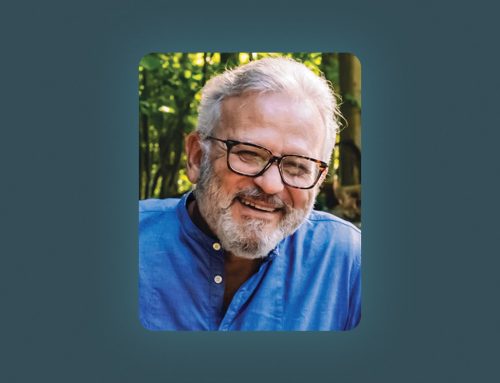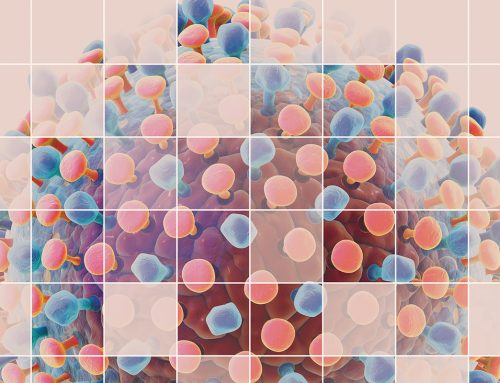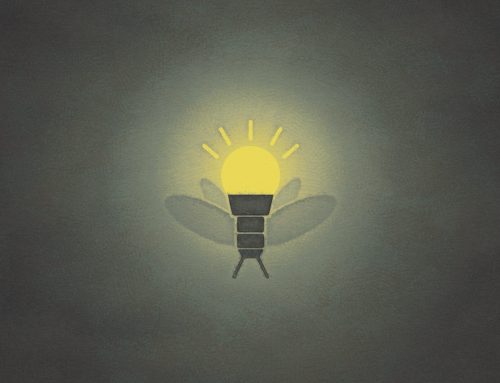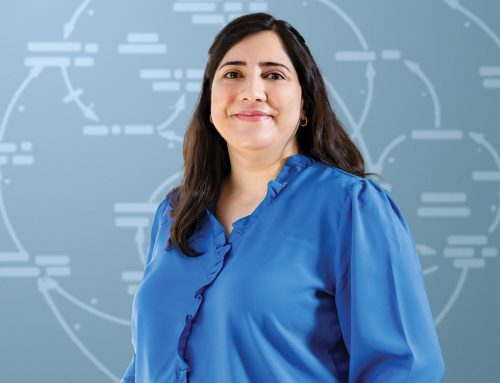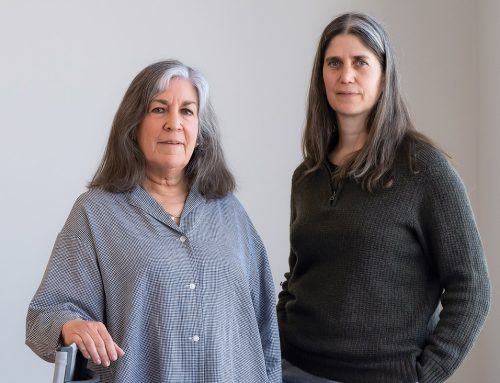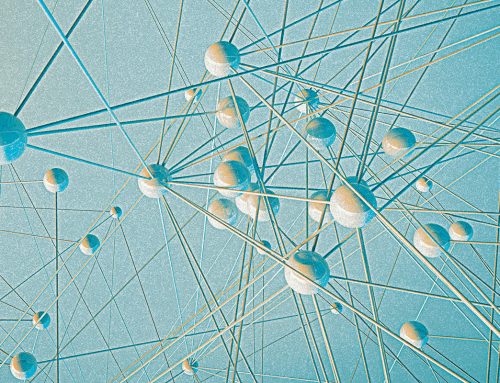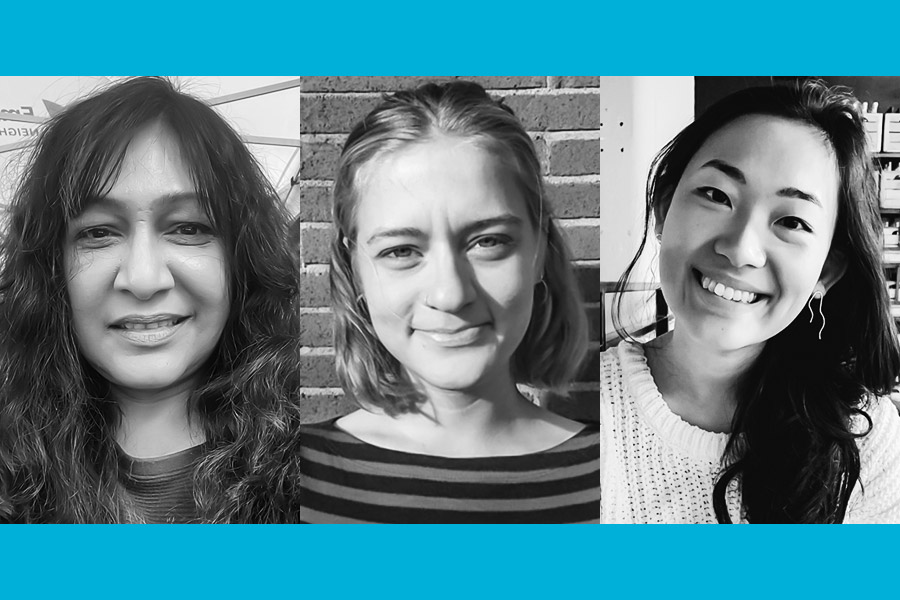
Experiential learning, the cornerstone of our curriculum, enables students to apply the public health knowledge and skills honed in the classroom to a real-world public health problem. Students work with a partner organization or agency to develop, manage, evaluate or lead evidence-based public health projects. Each experience varies according to the student’s degree program, professional development goals and the needs of the partner organization.
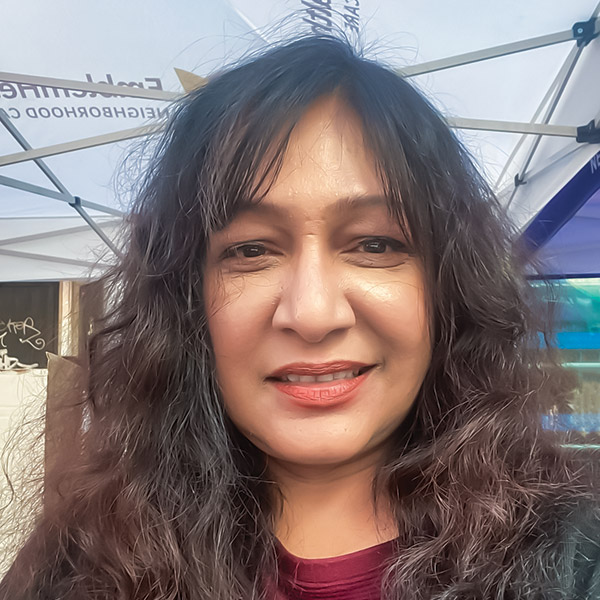
Jesmin Chowdhury
MPH, Public Health Nutrition
Jesmin Chowdhury, a student in the MPH program in Public Health Nutrition, worked with the Extended Food and Nutrition Education Program (EFNEP) at Cornell University’s Cooperative Extension Program-NYC to develop and implement tailored nutrition education programming in targeted populations from underserved communities. Jesmin’s program was geared towards communities in Jamaica, Queens, a neighborhood with a large South Asian and Caribbean population.
“The cultural differences make this area a unique place, but unfortunately these populations are also vulnerable to many social and health-related problems and are in need of more equitable resources as compared to other areas of NYC,” says Chowdhury.
As part of her fieldwork project, Chowdhury developed flyers in different languages to recruit community nutrition educators, who are integral to creating culturally sensitive and tailored nutritional educational materials and workshops for the targeted community. The workshops, delivered in-person and virtually, are conducted primarily in English, Spanish and Creole. Given the large South Asian population in the area, adopting curriculum and materials to additional languages like Bengali, is essential, says Chowdhury.
“There is a high demand for Bengali speaking nutrition educators and sharing materials translated to Bengali to foster community engagement in these programs that aim to bring health equity, food access and positive changes to these underserved communities,” says Chowdhury, who is herself bilingual in English and Bengali.
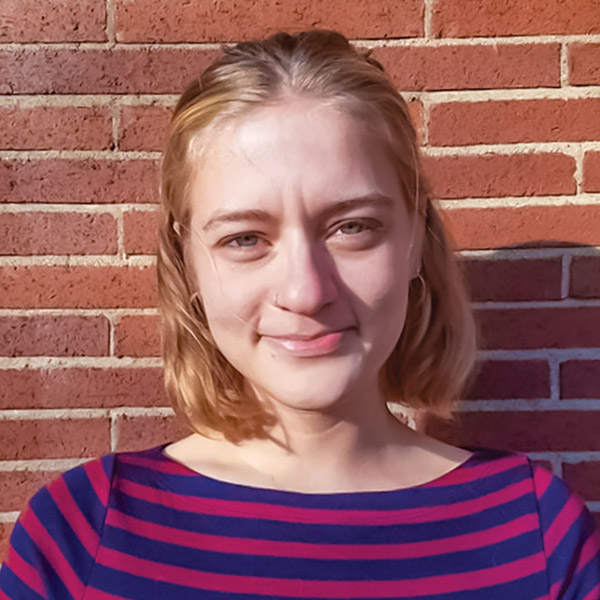
Isabel Levey-Swain
MS, Health Communication for Social Change
Isabel Levey-Swain, a recent graduate from the MS program in Health Communication for Social Change, designed her Capstone project around her passion for making information and resources accessible so that communities are empowered to make healthy choices. While interning in the communications department at the Mayor’s Public Engagement Unit (PEU), Levey-Swain developed a campaign entitled, “Let’s make this fun: Promoting health insurance and GetCoveredNYC to young New Yorkers.” GetCoveredNYC, a PEU program, provides free assistance for New Yorkers seeking to enroll in health care, regardless of immigration status or income. Levey-Swain wrote an outreach plan based on social marketing and social media analyses, laid out an implementation strategy and developed content for the campaign, with the goal of increasing health literacy and health insurance coverage among young adults living in New York City.
“In order to both catch young people’s attention, demystify health insurance and improve health insurance literacy, I experimented with ‘fun’ content, adding humor and aesthetic designs, ensuring that language is easy to read and highlighting one of GetCoveredNYC’s best selling points: the free, one-on-one support from Specialists,” says Levey-Swain.
After completing her master’s program, Levey-Swain became a full-time communications coordinator with the unit. “I’ve been putting my capstone plan to work,” she says. “I’m proud to be able to apply the skills I’ve learned in the Health Communications for Social Change program like health literacy, social marketing, multimedia production and health program management to help promote city services that help New Yorkers live healthy lives.”
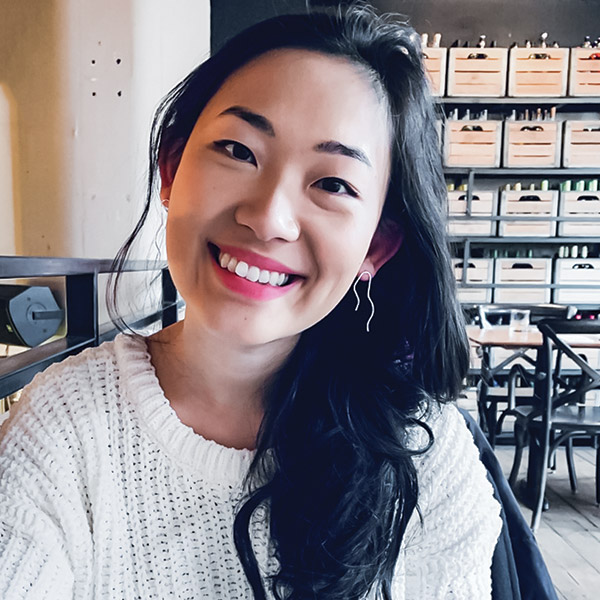
Tracy Sun
MPH, Epidemiology and Biostatistics
Prior to and continuing throughout the COVID-19 pandemic, unintentional drug overdose mortality rates have escalated and reached unprecedented levels throughout New York City (NYC). As part of the experiential learning component of her degree, Tracy Sun, an MPH student in Epidemiology and Biostatistics, completed her fieldwork at the NYC Department of Health and Mental Hygiene (NYC DOHMH). Sun applied her biostatistical skills in R programming to support overdose morbidity and mortality surveillance conducted by NYC DOHMH Bureau of Alcohol and Drug Use Prevention, Care, and Treatment, Research and Surveillance unit. She assisted in updating data summaries and visualizations for reports, presentations, and helped update fact sheets summarizing trends on overdose deaths in each NYC borough.
“I’m thankful for the opportunity to have learned how to use R programming for analysis and visualization in my Biostatistical courses (BIOS620 and BIOS621) to apply in my fieldwork and support the agency’s surveillance work.”
